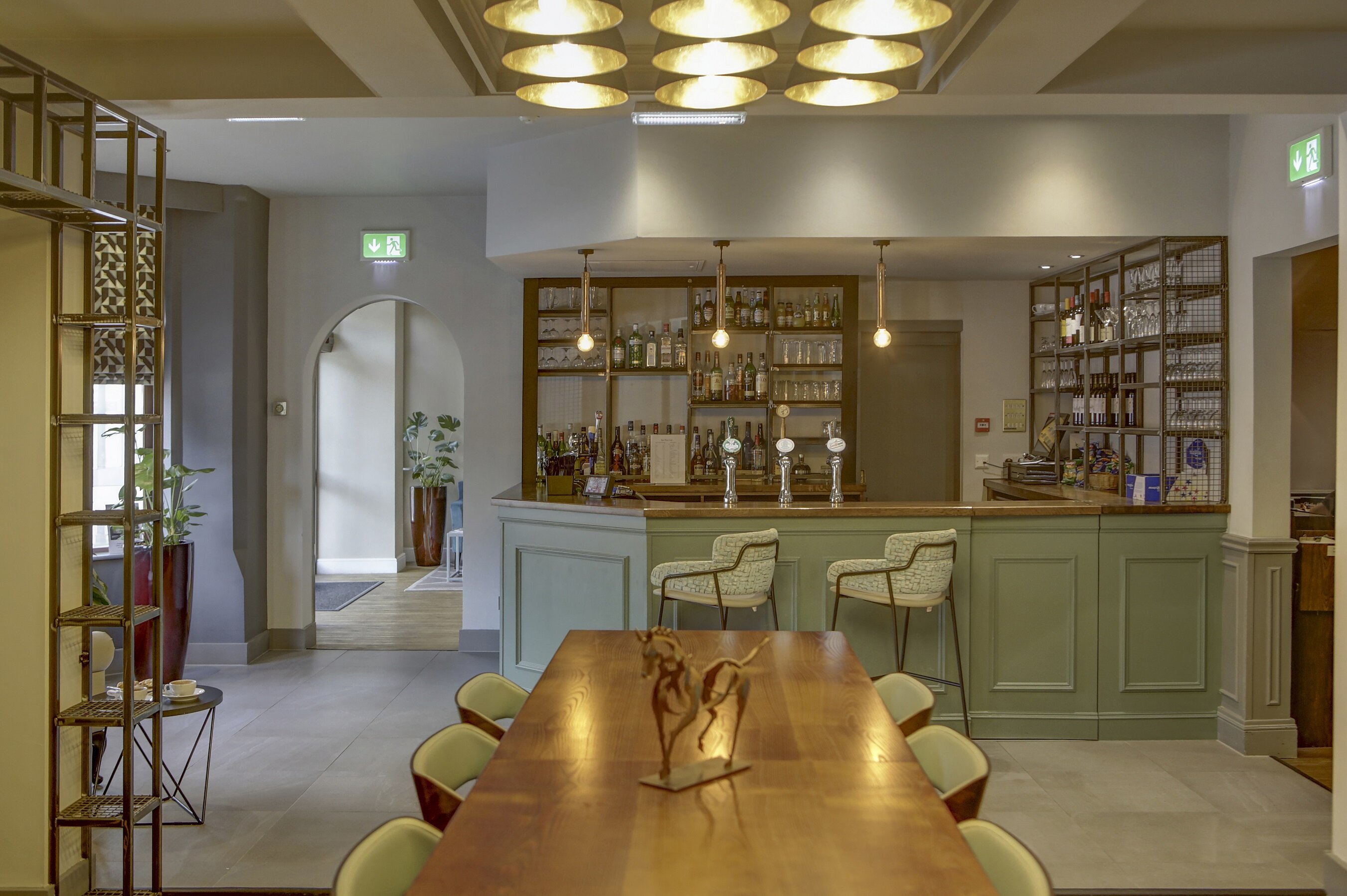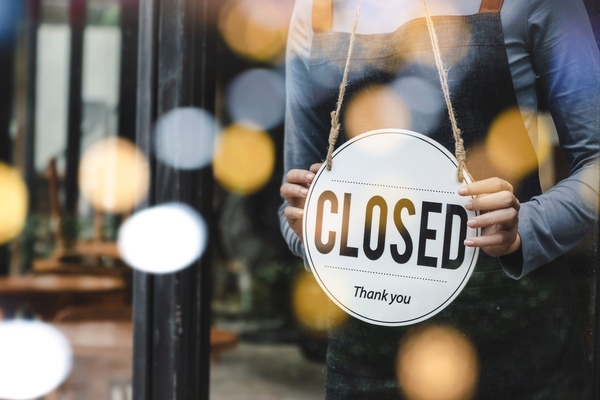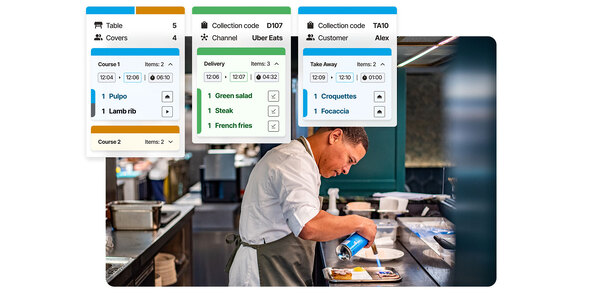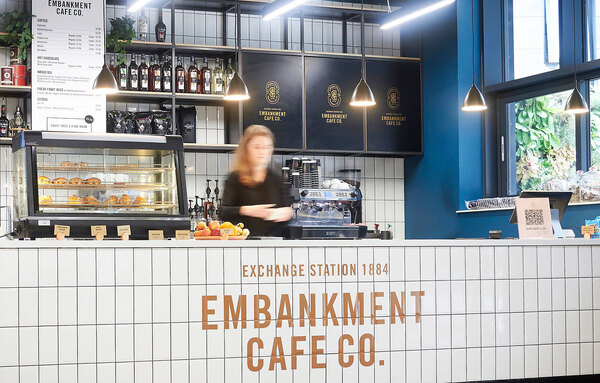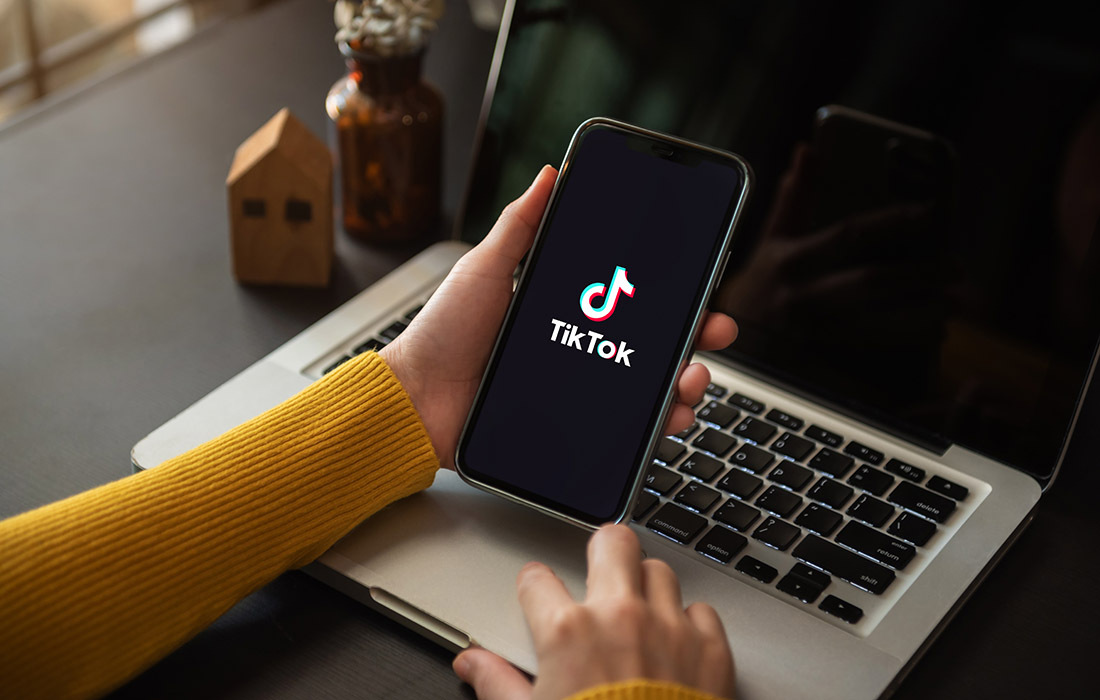Remarkable Hotels sees 19% uplift in rooms revenue with IDeaS RMS
Sponsored article: Owning and operating the Best Western Plus Nottingham Westminster Hotel in the central English city of Nottingham, Remarkable Hotels’ success is testament to the hard work and vision of managing director, Al Malik.
The 73-room hotel enjoys an average 75% occupancy rate, with corporate clients dominating during the working week before the weekend arrival of leisure guests keen to explore the city best known for its role in the Robin Hood legend.
Leaving money on the table
As a self-confessed “small player with big ambitions,” Malik was confident a sophisticated and stable revenue management system (RMS) was the key to expanding his business and driving profitability.
However, after reopening the hotel after an extensive renovation, he witnessed the gains in ADR and occupancy he’d initially enjoyed quickly ebb away. With growth plateauing, his gut feeling was the hotel’s legacy RMS was “missing something.”
“An example of this were the rates the old RMS was generating for Tuesdays and Wednesdays,” said Malik. “Given that we have an established, newly renovated offering, I was convinced the suggested prices were too low. For a single hotel of our size, small movements in prices make a big difference in the long run.
“Basing key pricing decisions on human intuition meant we were leaving money on the table. I knew I needed to base my business on scientific analysis—guesswork was not going to generate an effective return on my refurbishment costs.”
Seeking peer advice
Malik’s quest to boost efficiency led him to approach rival hotel operators where he discovered several were using IDeaS RMS, the market’s leading revenue technology. After getting a demonstration of the platform’s advanced features, he knew he’d found the solution he was seeking.
“The revenue manager at the nearby hotel used one word to describe IDeaS RMS—‘brilliant’,” Malik recalled.
Malik began the process of remotely customising the data fed into the system and saw immediate improvements in the three key metrics: overall sales, rooms revenue and occupancy.
“As we tweaked the system and increasingly entered data that better reflected our needs, we saw profit margins improve,” said Malik. “We’ve now raised rates for our peak demand days—Tuesdays, Wednesdays and Saturdays—confident the prices reflect the local market and, in particular, what our competitors are charging.”
Remote monitoring and updating
Since being fully up and running with IDeaS RMS, and having implemented a new sales and marketing strategy, Remarkable Hotels has seen robust improvements in performance—an increase of 15% overall sales and a 19% uplift in rooms revenue alone. The occupancy has seen an average increase of 12.5%. These positive results have allowed Malik to instill a better work/life balance. He lives in London, about 130 miles from the hotel, and has lately enjoyed spending more time with his family, including a newborn son.
“On average I visit the hotel once a week, and the rest of the time I manage things remotely,” said Malik. “As an owner, having IDeaS onboard has taken a lot of the pressure off me as I know the system is always there in the background, automatically working for me.
“I used to spend my days buried in data. I don’t mind admitting I grew to hate spreadsheets. Now the first thing I do in the morning is log into IDeaS, look at the previous day’s performance and the forecast for the next three months. I have a strong team onsite, and between us the hotel is operating much more efficiently.”
Perceptions can be misleading
While the process of integrating and operating the market’s leading RMS has progressed smoothly, Malik has been taken back by an occasional misperception in the marketplace.
“I’ve been surprised by the number of professionals who believe IDeaS is only relevant for large hotels with over 100 bedrooms,” said Malik. “We’re a small, single asset—a soft brand that’s using very sophisticated technology to boost performance. It’s worked very well for us—the numbers don’t lie.
“But to tell you the truth, I don’t mind if our competitors don’t follow our lead—it gives us more time and space to continue to improve our performance and margins.”


